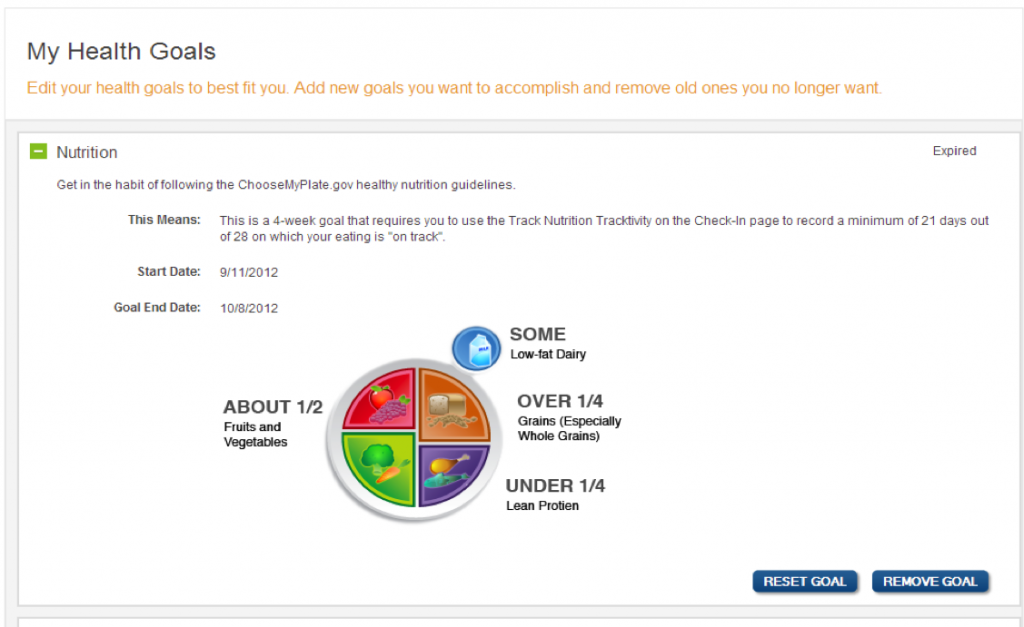
Independence Blue Cross (IBC), a Pennsylvania insurance company announced the launch of a WebMD Digital Health Assistant to their member's portal Friday. The software will provide IBC members with an interactive wellness program, combining an online health risk assessment with a digital coach that will give daily tips, and also allow the user to set personal goals and track their progress in achieving them.
Michael Yetter, IBC's director of ebusiness development, told MobiHealthNews that as an insurance company, it's a win-win to give consumers tools to personally manage their health, as it should lead to lower medical costs.
"We believe in wellness and we want to enable our consumers with the right kind of tools and capabilities that they can become engaged and achieve their goals," he said. "We want to help them understand what their goals should be."
The Digital Health Assistant, which was created by WebMD Health Services, will be enabled for mobile in early 2013, but right now it's only available online at IBC's members-only site, ibxpress.com. Yetter said that decision was made to time the mobile release with an overhaul of their mobile app, which is set to debut as a fully integrated mobile product next year. At the beginning of 2012, MobiHealthNews reported that IBC was working with KONY to launch a series of health apps.
To use the updated Health Assistant, members must first complete a fifteen-minute Personal Health Profile, which will divide them into three risk classes -- low, medium, and high. Those who score high risk, mostly people already diagnosed with chronic conditions like diabetes, will be given information to sign up for more sophisticated coaching software through WebMD. For the lower and medium risk groups, the program will identify some wellness goals that would improve their overall health, including weight and fitness, nutrition, stress management, and smoking cessation. For each goal, the system gives out tips and strategies in the voice of a real WebMD staffperson (like a trainer, dietician, or registered nurse). Members re-complete the Personal Health Profile annually, so if they improve sufficiently in one area, they might move on to prioritize another.
Right now only about 25 percent of IBC's members are registered with the online portal, according to Yetter. He hopes this new tool, and the forthcoming mobile implementation, will be part of a marketing push to expand those numbers in the next calendar year.
IBC's partnership with WebMD goes back to 2009, and the Digital Health Assistant replaces the Lifestyle Improvement Programs, a non-interactive WebMD product that was formerly available to members.
This isn't the first interactive digital health program IBC has offered. They recently completed a nine-month program with their own employees using Healthrageous. Yetter says that program yielded statistically significant improvement in employee blood pressure. They're committed to monitoring the use of the DHA as well, to see if it really succeeds in improving consumer health in a measurable way.
"We’re focused on what can we deliver to our members, and look at that member as a consumer," said Yetter. "What are the capabilities we need to give to them to be engaged?"


















